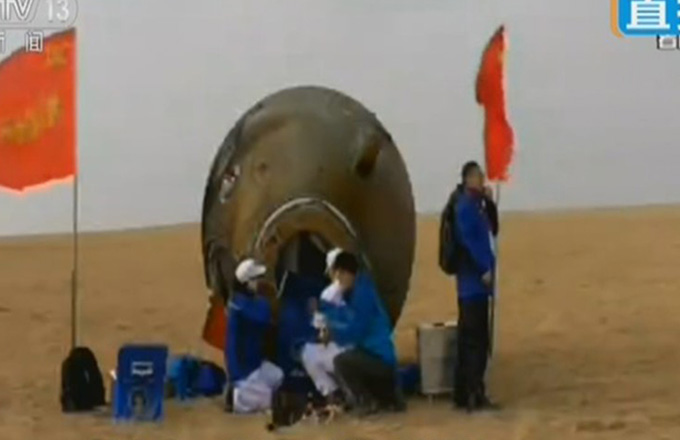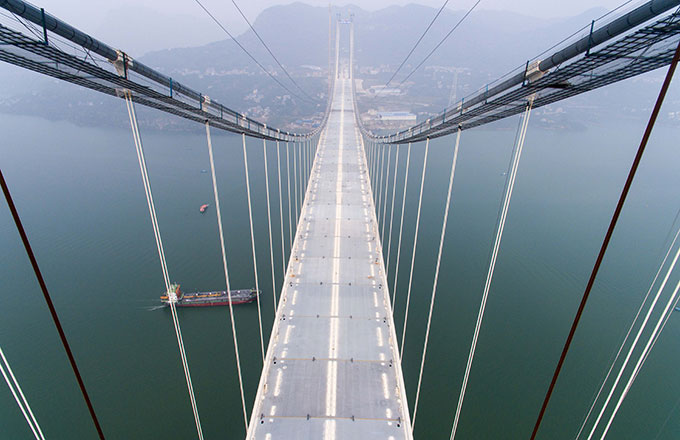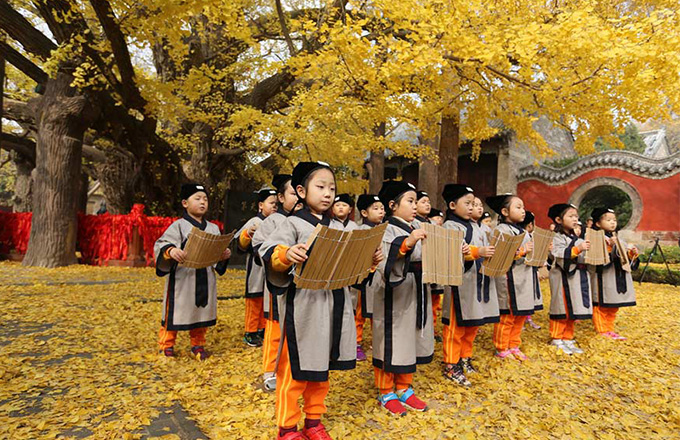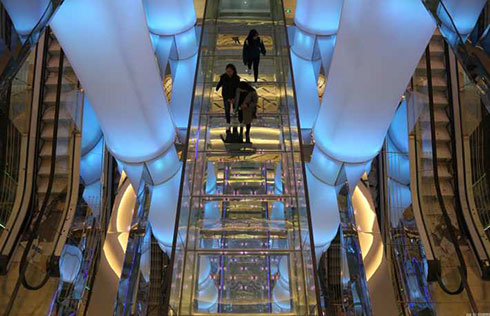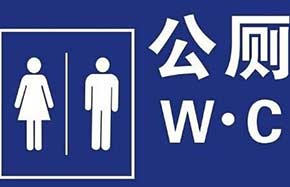Shijiazhuang lays out tougher plan for emissions
Shijiazhuang, the city with the worst air quality over the past two months, launched a campaign on Thursday with its toughest measures of the year.
The campaign will last until the end of the year and aims to reduce the city's average annual concentration of PM 2.5 - small particles that are harmful to the lungs - by 10 percent from last year's level, according to the plan released by government of Shijiazhuang, capital of North China's Hebei province.
The goal was originally set at the beginning of the year.
In September and October, Shijiazhuang was ranked as the city with the worst air quality among 74 cities monitored by the Ministry of Environmental Protection.
This month, the city has seen smog almost every day and was forecast to be hit by serious air pollution from Thursday to Saturday, with the Air Quality Index exceeding 300, according to the province's meteorological bureau.
Air with AQI exceeding 300 is listed as the most severe level in a six-tier alert system, with higher numbers representing worse air quality.
"It must be guaranteed that by the end of the year, the AQI of Shijiazhuang would not exceed 500," the plan read.
To reach this goal, the city shut all polluting companies in industries such as iron and steel, cement, medicine, glass and mining, until the end of the year.
In addition, all construction activities that generate dust and hazardous gases in main areas of the city are banned, as are open burning operations.
The number of vehicles on the roads has been cut by half based on odd and even license plate numbers, and taking the bus will be free.
Zhang Long, like many other Shijiazhuang citizens, complained that controlling vehicle emissions would not do much to improve air quality, but would cause headaches for daily commuters.
"Coal-burning would increase during the heating season, as would air pollutants, even though the company had installed standard environmental protection equipment," said Cao Xuguang, a worker at Shijiazhuang Huadian Co, a State-owned heat and power company that uses coal as its main fuel.
According to Cao, power and heat generation companies are in the process of converting from coal to natural gas, which is less polluting.
Wang Wei, a professor at the School of Resources and Environmental Sciences of Hebei Normal University in Shijiazhuang, said bad air quality was caused by pollutants and weather conditions, which influence the dispersion of pollutants.
Zhang Qingwei, governor of Hebei, said unfavorable weather conditions including temperature inversions, calm winds and high humidity have been some of the reasons for the heavy smog.
Zhang said that the weather conditions would last until the end of the year.
Beijing and adjacent areas issued an orange alert for heavy air pollution from Thursday to Saturday. The smog is expected to disperse on Sunday when a cold front is forecast to arrive in North China, according to the Beijing Municipal Environmental Protection Bureau.
On Saturday night, the city could first see rain, followed by a transition period of mixed precipitation, before a snowfall over the weekend.
The snowfall, expected to end late Monday night, will be followed by a significant temperature decline.
Xinhua News Agency contributed to this story.




